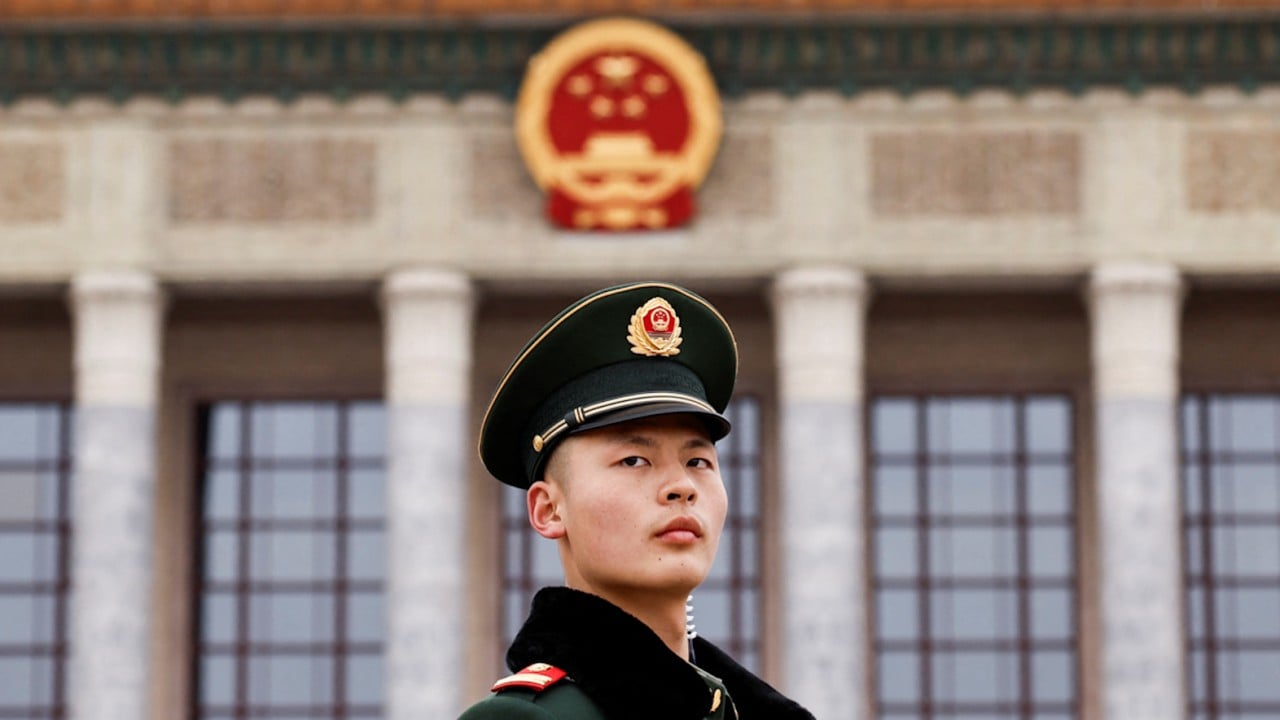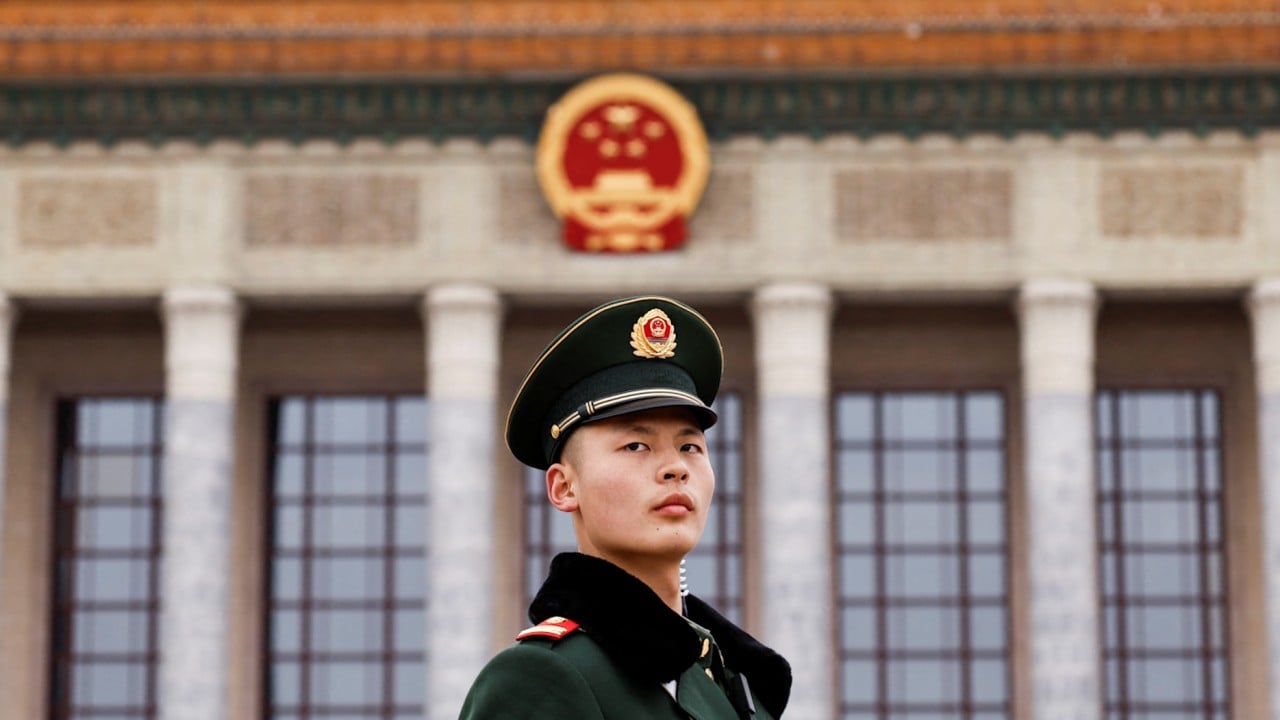Stop megaphone diplomacy, China urges New Zealand after Winston Peters raises Pacific security worries
China has urged New Zealand to end “megaphone diplomacy” and to turn to “constructive dialogue” to manage disputes with Beijing.
“Regarding the differences between the two sides, China is willing to continue to handle them properly with the New Zealand side through constructive dialogue, rather than engaging in ‘megaphone diplomacy’,” the Chinese embassy in Wellington said in a statement on Saturday.
China and New Zealand had different views, it said, but “the two countries have neither historical grievances nor conflicts of interest in reality, the consensus and common interests between the two sides far outweigh the differences”.
“The essential complementary nature of the interests between the two countries and the willingness for good cooperation remain the mainstream of bilateral relations,” it said.
The embassy’s call came after New Zealand Foreign Minister Winston Peters said on Friday that he was “seriously concerned” by China’s security presence in the Pacific. It was among a range of issues, including human rights, tensions in South China Sea, and cyberattacks, that Peters raised in a speech to the New Zealand China Council.
“We do not want to see developments that destabilise the institutions and arrangements that have long underpinned our region’s security,” he said.
Since taking office late last year, New Zealand’s conservative coalition government, led by the National Party’s Christopher Luxon, has been seeking to deepen its ties with the US-led allies amid concerns on Beijing’s growing ambitions in the Pacific.
Wellington is now exploring joining Pillar 2 of the Aukus security pact between Australia, the United States and the United Kingdom, and has said it is also working on a new partnership with Nato.
China has been accused of increasingly assertive behaviour in the South China Sea and human rights abuses, particularly in Tibet and its treatment of the Uygur community in Xinjiang. Other countries have also accused China of mounting cyberattacks against them.
At the same time, Beijing has stepped up ties in the Pacific – Australia and New Zealand’s backyard – through more aid, development, and security cooperation. In 2022, China signed a secretive security agreement with Solomon Islands.
In its statement, the Chinese embassy said it had “no hidden agenda or military intentions in the South Pacific”.
The South China Sea was tranquil until “some with ulterior motives started to manufacture trouble”, and Taiwan, Tibet, Xinjiang and Hong Kong remained China’s internal affairs.
It also said China was a major victim of cyberattacks.
Many of those issues were raised in March when Chinese Foreign Minister Wang Yi visited New Zealand.
According to Wellington, the two sides discussed trade, business and security in the Pacific as well as human rights issues in Xinjiang, Hong Kong and Tibet.
During the trip, Wang described ties between the two countries as “a force for stability”.
China is New Zealand’s largest trading partner, with bilateral trade volume in goods reaching US$25.2 billion in 2022. The total value of goods exported to China in the year to September 2023 was US$19.3 billion, according to Statistics New Zealand.




